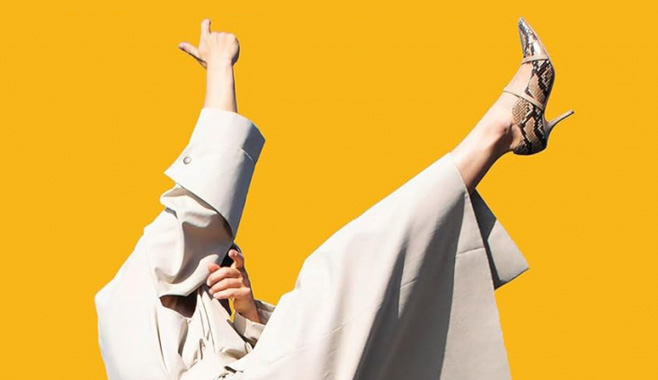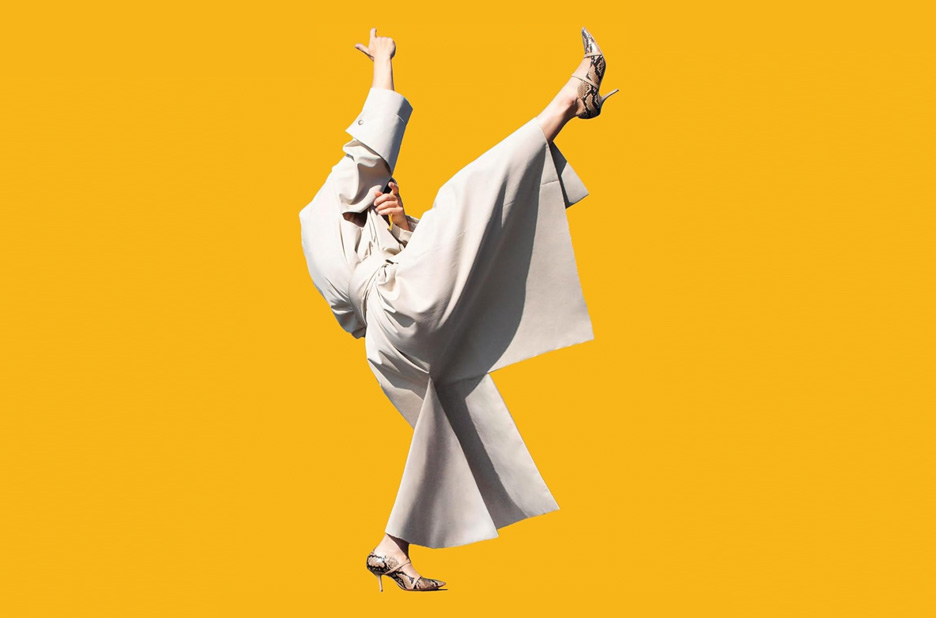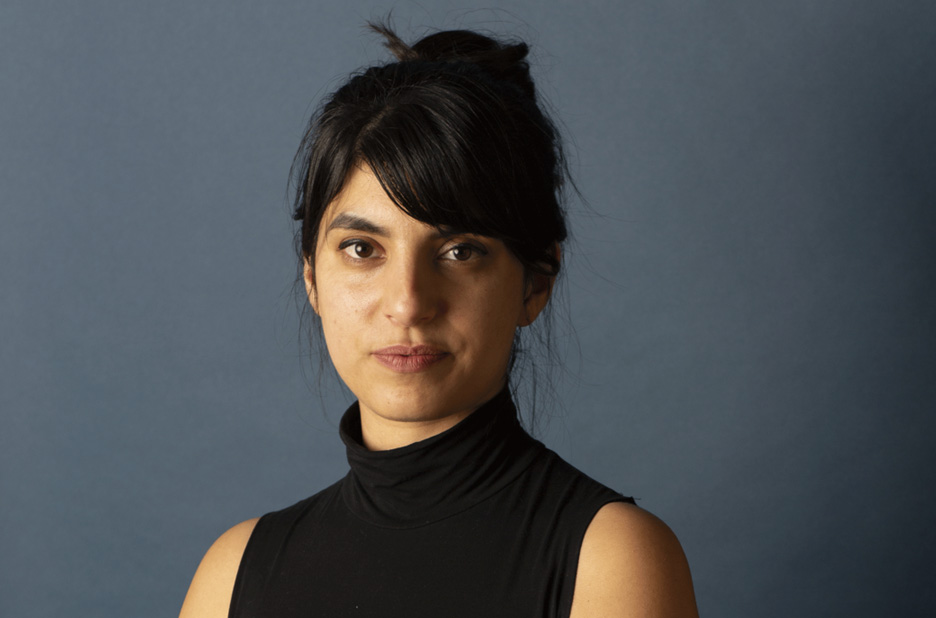Book
Coin
Yasmin Zaher
5/5
Hilariously brutal vision of a traumatized identity
Don’t read this book, you will feel nauseous. But let me tell you about it. I have read it so you don’t have to. It’s excellent, but profoundly disturbing. Everything I write about it will sanitize the discomfort, it will be clean, I promise.


The main character’s descent into a deranged pit of anxiety is slow, but steady. From a wealthy urbane clean freak to a jungle girl in her own flat, she cannot outrun herself or her history however hard she tries. She is a wealthy Palestinian, rescued and brought to New York by a wealthy Russian. He finds her a teaching job at a school which she launches into with all her obsessions, genuinely trying to give her pupils what she rightly observes is missing: a sense of purpose, a moral understanding and engagement with the world, a wider application of their scholarly knowledge.
We don’t know her name. Her parents have died in a traffic accident. Her only sibling, her brother, controls the family wealth as is the patriarchal custom. She likes designer clothing and is reckless and decadent in her spending on luxury clothes and food. From the start she tries to appease her demons with reckless impulsive acts. She wants to find her place in the world and sees very clearly and cynically through the cultural structures of New York. Not only does she understand the pecking order in New York and is happy to disrupt it when she so desires, she is also completely disabused about the situation in Palestine. She is realistic about it, the opposite of fanatical, and finds no reason to talk about it. The designer clothes and cared for appearance make her feel that she exists in the gaze of others who perceive her as the exotic other. She leaps into transient sexual relationships with abandon, looking for a few hours of oblivion.
She brings her internal disorder to a New York school where her erratic teaching of freedom results in the school being burnt down by the same pupils she had such high hopes for. Their disorder starts to match hers.
From the start the reader feels the discomfort observing her actions, waiting for the moment when all the tensions will come to a head. One can see that her mental condition is unsustainable, although she is commendably brave, smart, disruptive and unforgiving.

Zaher has written an outstanding novel all the more impressive as it is her first. The stage is set enticingly, eloquently and sparingly. The momentum is strong, the main character likable in all her neurotic outbursts and the ending has the maturity of experience. Some incidents are very funny, increasingly standing on and crossing the thin border between hilarious and tragic. They make you laugh with your whole body only to feel on the verge of tears when you stop. But the humour in not cathartic and I’m in two minds about whether this reveals the writer’s inexperience or is necessitated by the subject matter. It is remarkable that Zaher manages to write a book about Palestine without writing about Palestine.
Perhaps the most poignant for me is the main character’s relationship with Trench-coat. He is so named because she first approaches him because he is wearing the designer trench-coat she discarded by the bin in one of her moments of crisis, the first major one we witness. We never get to know his name or where he is from, although it is gradually inferred that he may be Latino and gay. She is attracted to him because he presents a slick gentlemanly facade to cover his emptiness and complexity. She feels kinship with his evasiveness on all matters to do with identity. Dressed in elegant designer clothing, they schmooze around town, enjoying the protection the expensive appearance gives them, in their identity-free bubble, a no man’s land of identity. I love the way they enjoy their moments of freedom. I can feel the air they breathe in these stateless moments free from the pressure to declare themselves.
In fact Trench-coat is homeless, broke and a swindler. Our heroine joins him in Paris on a con trip to buy Hermes bags to resell to the crass nouveaux riches.
The connection with the ground cannot be broken. Whether it’s earth, ancient coins or barbed wire, it cannot be washed out of us. Our heroine finds out that her obsession with cleanliness cannot contain her anxiety. This disturbed and disturbing woman fails to find comfort in her strong survival instinct or in her clear perception of the world. She comes close to self-destruction just by asking herself and us what kind of authenticity we truly value.